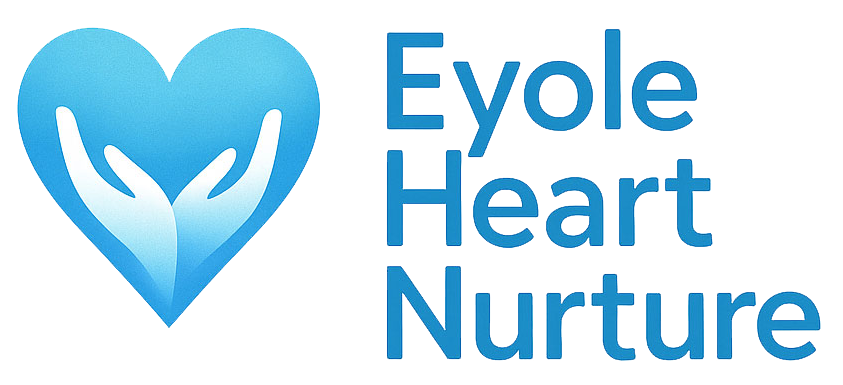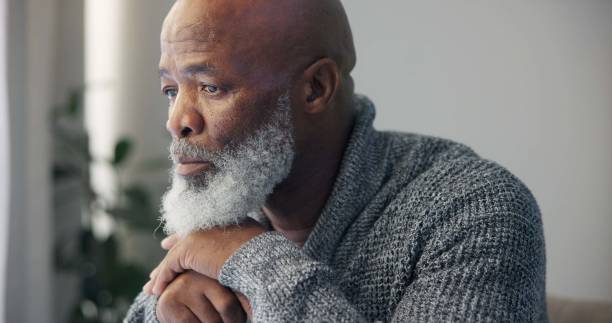It was a crisp morning in Buea when Daniel sat on his balcony, the weight of regret pressing on his chest. Years ago, he’d declined a job offer abroad to stay with his family, a choice that felt right then but left him wondering about the life he might have lived. The sleepless nights and restless thoughts—a sign to seek medical advice if persistent—pushed him to reflect. At EyoleHeartNurture.com, we believe regret, when faced with resilience, can lead to growth, echoing the wisdom of Psalm 30:5, “Weeping may stay for the night, but rejoicing comes in the morning” (NIV).
The Weight of What Could Have Been
Daniel’s days were shadowed by “what-ifs.” The missed opportunity fueled a quiet ache, blending with self-doubt. Research from the Journal of Personality and Social Psychology suggests regret often arises from unchosen paths, impacting mental health over time. Biblically, Ecclesiastes 3:1 reminds us, “There is a time for everything,” yet Daniel struggled to accept his past. This emotional toll, noted by health experts, mirrored his growing isolation.
A Turn Toward Healing
One afternoon, inspired by a community talk on resilience, Daniel journaled his regrets, reframing them as lessons. He joined a local mentorship program, sharing his story to guide others. The study from PubMed highlights that reflecting on regret can foster adaptive coping, turning pain into purpose. Philippians 3:13, “Forgetting what is behind and straining toward what is ahead,” became his mantra. Health professionals agree that purposeful action reduces regret’s grip, a shift Daniel felt as hope returned.
A Life Rebuilt
Months later, Daniel launched a small business, his regret fueling a new passion. Mentoring others transformed his pain into inspiration. Experts note that channeling regret into action builds emotional strength. His heart, once burdened, now thrived with purpose. Our free heart test at EyoleHeartNurture.com can guide you, uncovering regret’s roots. It stirs the pain of loss, the joy of renewal, and the strength to move forward.
Start Your Journey Today
Don’t let regret hold you back. Begin turning reflection into resilience now. Take the free heart test today and embrace a brighter future.
“Regret is a mirror; resilience turns it into a window of opportunity.” – Dr. Brené Brown
Frequently Asked Questions
1. What Is the Full Meaning of Regret?
Regret is the sorrow or longing for a different outcome, often from missed opportunities, as noted in psychological studies.
2. What Does the Bible Say About Regret?
The Bible sees regret as a call to repentance and renewal (2 Corinthians 7:10), with God offering redemption.
3. How Do You Get Over Regret?
Get over regret by reflecting on lessons, taking action (e.g., mentoring), and trusting God’s plan, per health insights.
4. What Causes Regret?
Regret is caused by unchosen paths or mistakes, like declining a job, impacting mental well-being over time.
5. Is Regret Good or Bad?
Regret can be good if it inspires growth, but bad if it lingers, a balance supported by psychological research.
6. What Is the Opposite of Regret?
The opposite of regret is contentment or peace, achieved through acceptance and purpose, as faith guides suggest.
7. Why Does Regret Hurt So Much?
Regret hurts due to lost potential and self-blame, a response tied to emotional processing, per health studies.
8. How Do I Overcome Regret?
Overcome regret by journaling reflections, serving others, and praying (Philippians 3:13), aligning with expert advice.
9. What Does Regret Teach Us?
Regret teaches resilience and the value of present choices, turning pain into growth, as research indicates.
10. How Can I Let Go of Regret?
Let go by forgiving yourself, focusing on today, and seeking community support, a path health experts endorse.





